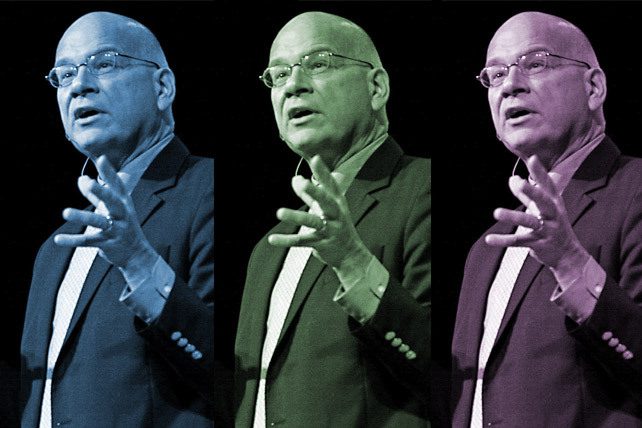A recent article by James Wood, associate editor of First Things magazine, has provoked a vigorous discussion regarding how Christians ought to engage with culture. In his May 6 post, “How I Evolved on Tim Keller,” Wood explains that Tim Keller has had a profound impact on his life, but Wood now rejects Keller’s “winsome model” of cultural engagement.
“As I observed the attitude of our surrounding culture change, I was no longer so confident that the evangelistic framework I had gleaned from Keller would provide sufficient guidance for the cultural and political moment,” said Wood, who described his change in thinking as occurring after the 2016 election when he decided to get a doctorate in political theology. “A lot of former fanboys like me are coming to similar conclusions. The evangelistic desire to minimize offense to gain a hearing for the gospel can obscure what our political moment requires.”
Various church leaders and influencers—including David French, Rod Dreher and Tim Keller himself—have contributed to the ensuing conversation, which centers on one primary question: How should American Christians relate to our culture at this moment in time?
Tim Keller and the ‘Neutral World’
Tim Keller is the founding pastor of Redeemer Presbyterian Church in New York City. In 2017, he stepped away from the pulpit, but continued to do ministry in the area. Wood spends the beginning of his essay describing what he respects about Keller and the influence the pastor has had on his life. Wood mentions Keller’s success as a church planter and author and states, “Keller has helped many young people embrace orthodox Christianity in a culture that made the faith seem strange. Keller has served as a C. S. Lewis for a postmodern world.”
However, Wood says that while “Keller was the right man for a moment…it appears that moment has passed.” Wood no longer agrees with what he calls Keller’s “winsome approach,” saying:
I liked Keller’s approach to engaging the culture—his message that, though the gospel is unavoidably offensive, we must work hard to make sure people are offended by the gospel itself rather than our personal, cultural, and political derivations. We must, Keller convinced me, constantly explain how Christianity is not tied to any particular culture or political party, instead showing how the gospel critiques all sides.
But Wood changed his mind as he considered how American culture is increasingly hostile toward Christianity. He says an article by Aaron Renn titled “The Three Worlds of Evangelicalism” now “represents well my thinking and the thinking of many.” Much of the debate about Wood’s article pertains to the “three worlds” Renn describes.
“Within the story of American secularization, there have been three distinct stages,” says Renn, who lays out these stages as follows:
-Positive World (Pre-1994): Society at large retains a mostly positive view of Christianity. To be known as a good, churchgoing man remains part of being an upstanding citizen. Publicly being a Christian is a status-enhancer. Christian moral norms are the basic moral norms of society and violating them can bring negative consequences.
-Neutral World (1994–2014): Society takes a neutral stance toward Christianity. Christianity no longer has privileged status but is not disfavored. Being publicly known as a Christian has neither a positive nor a negative impact on one’s social status. Christianity is a valid option within a pluralistic public square. Christian moral norms retain some residual effect.
-Negative World (2014–Present): Society has come to have a negative view of Christianity. Being known as a Christian is a social negative, particularly in the elite domains of society. Christian morality is expressly repudiated and seen as a threat to the public good and the new public moral order. Subscribing to Christian moral views or violating the secular moral order brings negative consequences.

